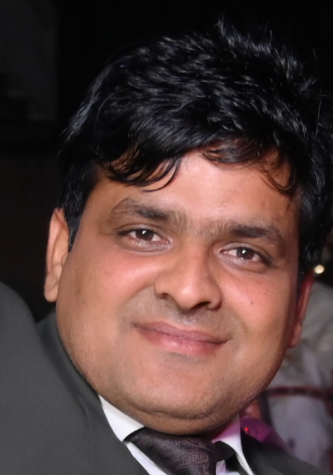
Due to its policies and the possible threats that its technology may represent, OpenAI is currently experiencing a surge of internal conflict as well as external criticism.
A number of well-known workers left the company in May, among them Jan Leike, the former director of OpenAI’s “super alignment” initiatives, which make sure cutting-edge AI systems stay in line with human values. Shortly after OpenAI debuted its new flagship GPT-4o model at its Spring Update event—which it hailed as “magical”—Leike left the company.
Leike’s departure was reportedly prompted by ongoing arguments about security protocols, observation procedures, and the preference for glitzy new launches over careful thought for user safety.
For the AI company, Leike’s departure has created a Pandora’s box. There have been accusations of psychological abuse made against CEO Sam Altman and the leadership of OpenAI by former board members.
Rising external worries about the possible threats posed by generative AI technologies, such as the company’s own language models, correspond with the growing internal unrest at OpenAI. In addition to more immediate concerns like job displacement and the weaponization of AI for disinformation and manipulation campaigns, critics have cautioned about the impending existential threat posed by sophisticated AI surpassing human capabilities.
An open letter addressing these dangers has been prepared by a collection of current and former workers of key AI startups, including Anthropic, DeepMind, and OpenAI.
We are pioneering AI firms’ current and past employees, and we think AI technology has the potential to serve humanity in ways never seen before. We are aware of the significant threats that these technologies bring as well,” the letter says.
These dangers include the escalation of already-existing disparities, deception and manipulation, and the potential loss of control over self-governing AI systems that could lead to the extinction of humanity. These hazards have been acknowledged by AI businesses, governments worldwide, and other AI specialists.
AI pioneers Yoshua Bengio and Geoffrey Hinton have approved the letter, which has been signed by 13 employees and lays out four main demands to safeguard whistleblowers and promote greater accountability and transparency surrounding AI development:
- that businesses won’t impose non-disparagement policies or take adverse action against staff members who voice concerns about risks.
- that businesses would provide a verifiably anonymous channel for staff members to bring up issues with boards, authorities, and outside specialists.
- that businesses will encourage a climate of open criticism and permit staff members to voice concerns about risks in public while appropriately protecting trade secrets.
- that businesses won’t take adverse action against staff members who provide private knowledge about risks when previous procedures have failed.
A former employee of OpenAI, Daniel Kokotajlo, left the company over concerns about its values and lack of responsibility. “They and others have bought into the’move fast and break things’ approach and that is the opposite of what is needed for technology this powerful and this poorly understood,” Kokotajlo expressed.
The requests coincide with rumors that OpenAI made leaving workers sign non-disclosure agreements that forbade them from criticizing the business for fear of forfeiting their stock stake. Sam Altman, CEO of OpenAI, said that the organization was “embarrassed” by the circumstances but insisted that no one’s vested equity had ever been reclaimed.
The internal conflict and demands for whistleblowers at OpenAI highlight the mounting discomfort and unanswered ethical questions around the technology as the AI revolution accelerates.







